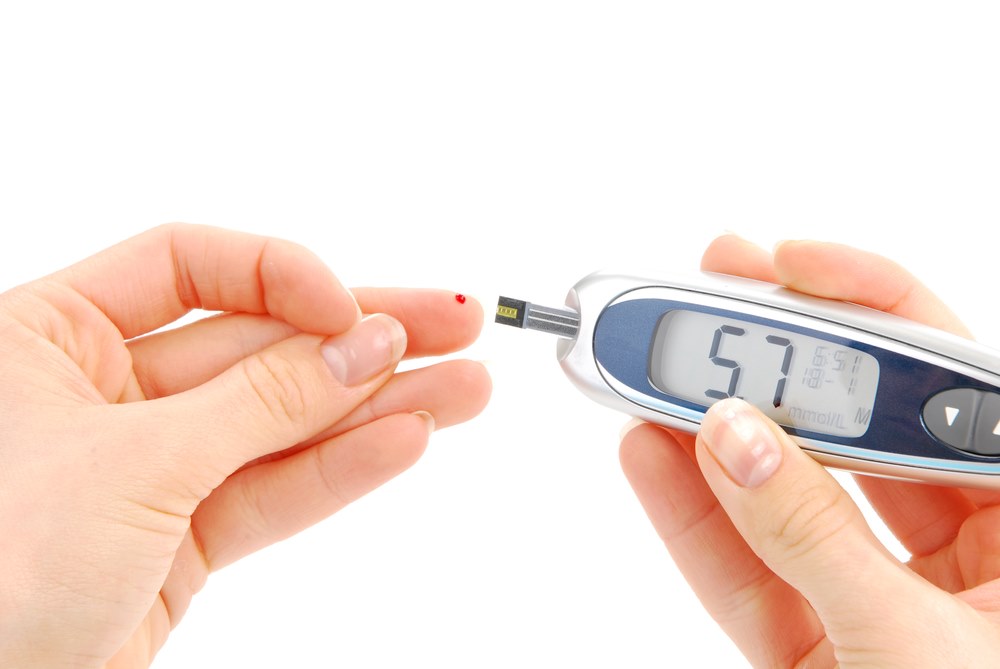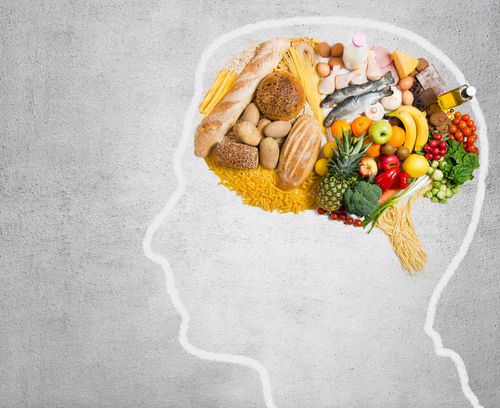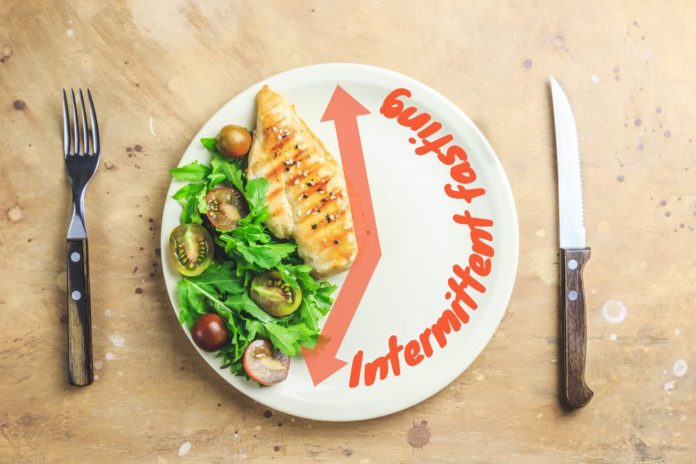Intermittent fasting or IF is rapidly becoming the most widespread fitness and health trend. Many people are using IF to lead a better lifestyle, improve health, and lose weight. There are several studies that have demonstrated the powerful effects that occur on the brain and body due to intermittent fasting. Some studies have even shown that IF can help you live longer.
The following information is your beginner’s guide to intermittent fasting.
:
What is Intermittent Fasting?
This is an eating pattern that cycles through periods of eating and fasting. The Intermittent Fasting plan doesn’t specify exact foods that you need to eat, but when you ought to eat them. On this plan, a whole food, nutritious eating regimen is recommended. Hence IF is not a conventional diet, but an eating pattern or habit. In this method, fasting occurs for either 16 hours a day or 24 hours, two times per week.
Fasting is not an unfamiliar practice in human evolution. In fact, it is more commonplace than we know. Our ancient hunter and gatherer humans didn’t have refrigerators, year-round foods or supermarkets. Sometimes they couldn’t find food to eat. In response to this scenario, they learned to function without food for lengthy periods of time. In modern society, we see fasting occurring for spiritual or religious reasons. For instance, regular fasting is a common practice in many world religions such as Hinduism, Buddhism, Islam, and Judaism. In fact, when you think about it, periodic fasting is more natural than consuming 3 or more meals every single day.
Intermittent Fasting Methods
There are several ways to perform intermittent fasting. The most popular methods are:
1. 16-8 Method
This is also called the Leangains protocol. To follow, you will skip breakfast and restrict your eating period to 8 hours. For example, you may eat between 1 to 9 pm but then you will fast for the remaining 16 hours.
2. 5:2 Diet

On this method, you normally eat for five days and restrict your calorie intake to 500 to 600 calories on two non-successive days in the week, i.e. Tuesday and Thursday.
3. Eat-Stop-Eat
On this plan, you will fast for 24 hours, either once or twice a week. Then eat regularly on the non-fasting days.
On intermittent fasting, you’re reducing your calorie intake which leads to weight loss. However, it will only work if you’re not overindulging on junk food or compensating by eating more during allowed eating periods. Most people prefer the 16-8 method because it’s more sustainable, simple, and easy to follow. It’s no wonder that it’s also the most popular!
Is Intermittent Fasting Good for the Body?
To determine the answer to this question, let’s examine what occurs at the cellular and hormonal levels when you fast intermittently. Many things happen at the molecular and cellular level when you fast. For instance, your body begins to adjust its hormone levels so that it can make all stored body fat more easily accessible. Then your cells initiate vital repair processes and alter gene expression.
Here are a few changes that are occurring while you’re fasting:
- The levels of the Human Growth Hormone (HGH) skyrocket; sometimes increasing as much as 5 times. This benefits muscle gain, and fat loss.
- Your insulin sensitivity will improve. By fasting, your insulin levels will drop significantly, which helps make stored body fat easy to access.
- When you fast, your cells trigger cellular repair. Autophagy is an example of cell repair. In this process, old cells are removed and digested, including dysfunctional proteins that have accumulated inside.
- Intermittent fasting contributes to changes in gene expression which promotes longevity and protection against many diseases.
These changes that occur at the cell, hormone, and gene expression levels all contribute to the many health benefits of this fasting method.
Does Intermittent Fasting help in Losing Weight?

Most people attempt intermittent fasting because of the weight loss that occurs when you follow this plan. By eating fewer meals, intermittent fasting leads to a reduction in caloric intake. This directly affects hormone and insulin levels which aid weight loss. In addition, fasting also helps trigger the release of norepinephrine; a fat-burning hormone. Even if you fast for a short period, your metabolic rate jumps up by 3.6 to 14%. By eating fewer calories, and burning more calories, you’re effectively changing the calorie equation and promoting weight loss.
Many studies have demonstrated that intermittent fasting is an effective weight-loss tool. According to a 2014 study conducted at the University of Illinois at Chicago, intermittent fasting caused up to 8% of weight loss over a 24 week period. This is a notable amount of weight loss compared to other methods. This same study found that people following intermittent fasting were able to lose up to 7% of waist and belly fat, which is a known contributor to diseases. The participants in this study were losing approximately 0.55 pounds each week.
It is also important to exercise along with IF, this has been proven to help with fat loss and muscle gain. So in a nutshell, intermittent fasting can and will help you lose weight provided you don’t compensate by over-eating during the allowable periods. In addition to weight loss, there are significant benefits to metabolic health and in the prevention of chronic diseases.
Benefits of Intermittent Fasting
The benefits of intermittent fasting have been demonstrated in both human and animal studies. There are powerful positive effects in weight control and brain and body health as well. In addition, did you know that intermittent fasting can also help you live a longer life?
Listed below, are just handful of health benefits from intermittent fasting:
1. Insulin Resistance

Intermittent Fasting reduces insulin resistance and helps lower blood sugar levels by up to 6%. Fasting insulin levels are reduced by up to 31%. This provides significant protection from type 2 diabetes.
2. Anti-Aging
In a study that examined rats and fasting, those that fasted lived nearly 83% longer than those rats that didn’t fast. Clearly, fasting helped extend the lifespan of those rats.
3. Brain Health

When you fast, BDNF hormones increase in the brain. This promotes the growth of new neurons and also provides protection against Alzheimer’s disease.
4. Heart Health
Fasting helps reduce LDL cholesterol, blood sugar, inflammatory markers, insulin resistance, and blood triglycerides; all risk factors that contribute to heart disease.
5. Inflammation
Studies have shown that fasting contributes to a reduction in inflammation markers which are key causes of several chronic diseases.
6. Weight Loss

Perhaps the most noticeable benefit of all, on intermittent fasting you will lose belly fat and visceral fat.
Intermittent Fasting Diet Plan
To ensure that you get the most health benefits from intermittent fasting, it’s vital that you consume nutritious foods and beverages during the eating periods. Consuming nutrient-dense whole foods will help you benefit the most from this health regimen.
Although there is not a diet plan per se, incorporate the following during your eating periods:
– Fruits: All fruits are good options especially oranges, apples, pears, peaches, bananas, and berries.
– Vegetables: You may consume all the vegetables. Opt for many green, leafy options as well as broccoli, cucumber, cauliflower, tomato, etc.
– Whole Grains: Avoid all products containing refined wheat. Opt for grains such as buckwheat, barley, quinoa, oats, rice, etc.
– Healthy Fats: Skip all saturated fats. Choose oils made from coconut, olive, avocado, mustard, peanut, sesame, etc.
– Protein: Choose lean protein options (without fat) such as poultry, meat, eggs, seeds, nuts, legumes, lentils, etc.
During the fasting period, you may consume calorie-free drinks such as unsweetened tea (green tea), coffee (no sugar), and water. These will help you stay hydrated. Avoid binging on junk food or over-eating during eating periods as this will prevent you from experiencing the positive effect of this health regimen.
Other Do’s and Don’ts of Intermittent Fasting

Intermittent fasting is a safe and sustainable way to lose weight, improve health, and adopt a healthier lifestyle. Although this method is safe to follow for most adults, it is advisable that you speak to your general practitioner before attempting intermittent fasting. This is especially important if you have underlying health conditions like diabetes, heart disease, eating disorders, low blood pressure, etc. Intermittent fasting is not recommended for women who are breastfeeding, pregnant or are trying to have a baby. If you experience adverse effects while fasting or have concerns about this regimen, then do consult with your doctor. As stated earlier, to experience the maximum benefits of this health plan, you must avoid eating junk food and overcompensating on food during the eating periods.
Summary
Intermittent fasting is quickly becoming a health and lifestyle trend all around the world. Although there are many types of intermittent fasting, the 16-8 method is the most popular. It enables you to consume whole foods during an 8-hour period and fasting for the remaining 16 hours. You can consume non-caloric beverages such as water, green tea, and coffee without sugar during the fasting period. intermittent fasting has many proven health benefits such as weight loss, disease prevention, reduction in inflammation, improved blood sugar levels and brain function. More importantly, it can increase both the quality and longevity of your life.
Frequently Asked Questions
A. As intermittent fasting is a cycle of eating and fasting, the long time gap between your 2 meals can make you feel weak. It is important to follow this diet under an expert’s guidance with a disciplined regimen of eating healthy food at the right time.
A. During the fasting phase, you should avoid eating fruits or infact, any eatables. But can definitely go for water or low caloric beverages like sugarless black tea or black coffee.
A. Due to long fasting hours, you might feel lethargic and fatigued during exercising. Therefore, it is necessary to consider essential factors like timing of workout, nutrients adjustment according to the kind of workout and most importantly, how your body responds! If you feel dizzy and get exhausted easily, it is better to go for light workouts for short duration like yoga and low-intensity workouts. With heavy exercises, the timings and rightly balanced nutrition is extremely important. This is the reason why an expert’s supervision and guidance play a crucial role.
A. Studies have shown that intermittent fasting does not cause muscle loss when compared with other calorie- restricted diets, unless followed for long. Muscle loss occurs as a result of calorie deficiency. Hence, the right proportion of macronutrients plays the key role.


























